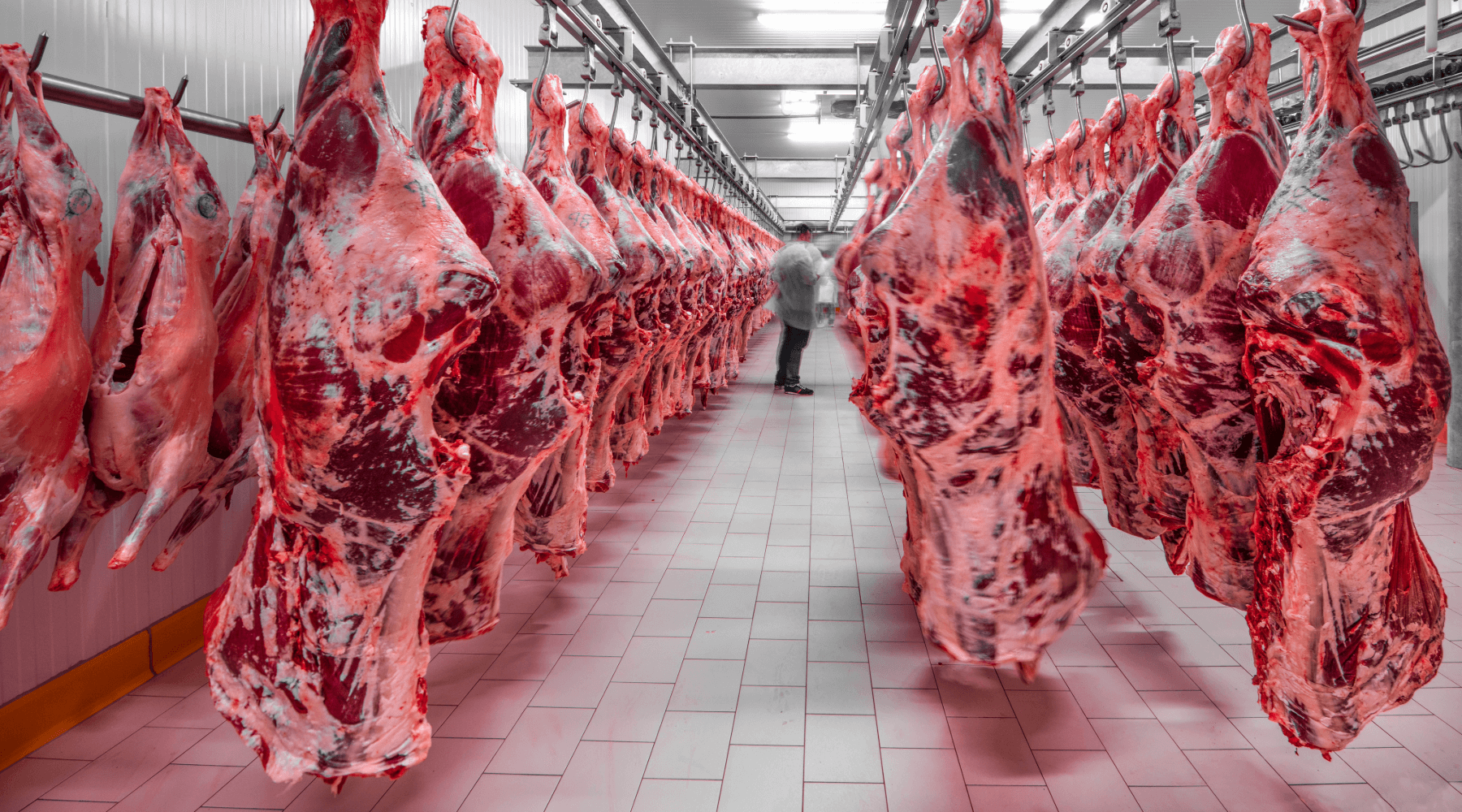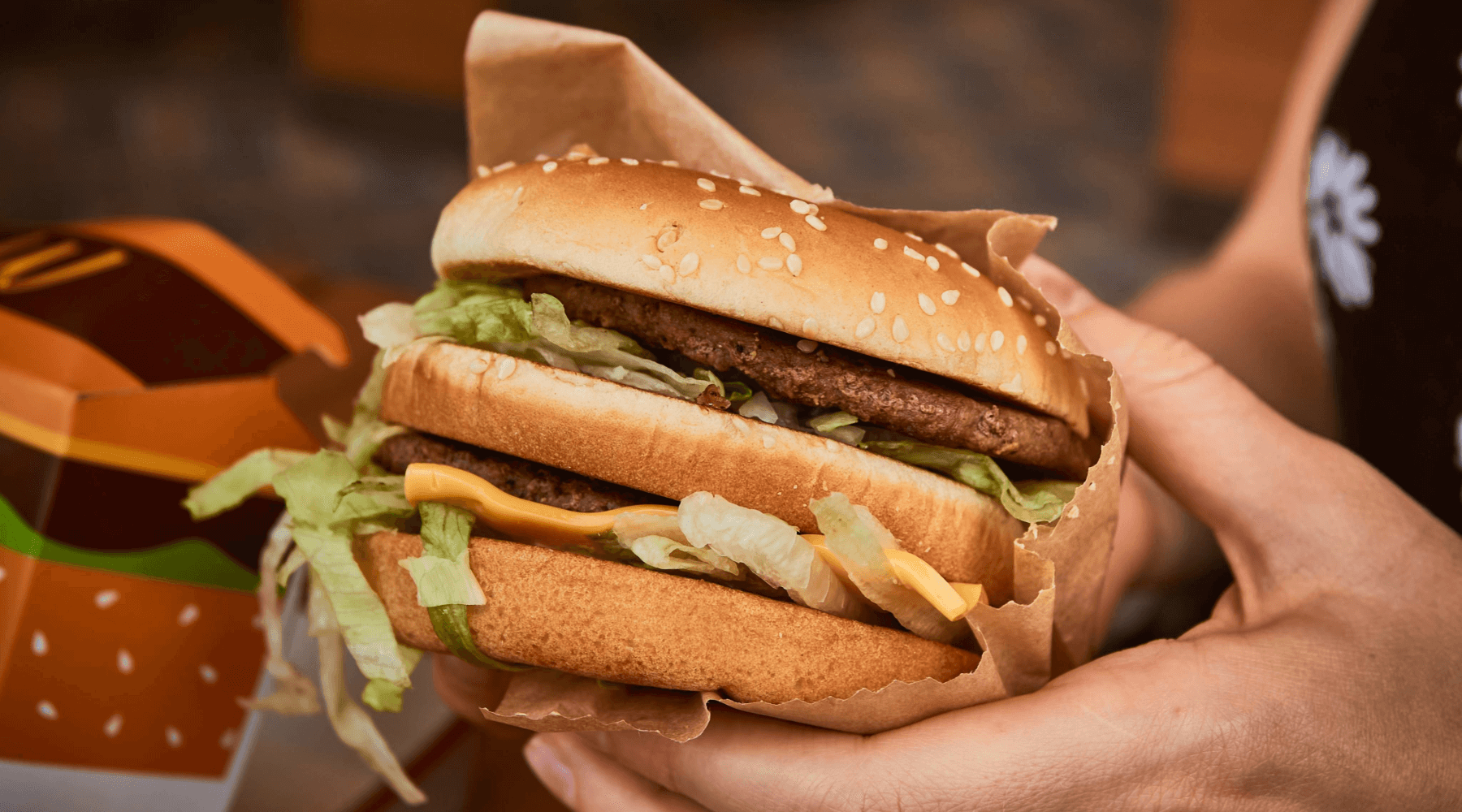McDonald's Takes Legal Action Against Big Four Meat Packers Over Alleged Price Fixing
Posted by Emma on 9th Oct 2024 Reading Time:
McDonald's has filed a lawsuit against four of the largest meat processors in the United States, accusing them of conspiring to manipulate beef prices. The lawsuit targets Tyson Foods, JBS, Cargill, and National Beef Packing Company, collectively known as the "Big Four." According to McDonald's, these companies have colluded to restrict beef supply to inflate prices artificially, violating federal antitrust laws.

The lawsuit, filed in federal court in New York, alleges that this price-fixing scheme has been ongoing since at least January 2015 and continues to this day. McDonald's claims these meat processors have created a monopolistic market by coordinating supply limitations, forcing buyers to pay inflated prices. This alleged anti-competitive behaviour, McDonald's argues, violates the Sherman Act, a critical federal law designed to promote competition and prevent monopolies.
The fast-food chain, which operates over 39,000 outlets worldwide, including 13,000 in the U.S., has stated that it has suffered financial harm due to these inflated beef prices. The lawsuit points out that the primary beneficiaries of this alleged scheme have been the meat packers themselves, who have seen increased profit margins during the period of suspected collusion. Notably, the Big Four control more than 80% of the U.S. beef market, making it easier, McDonald's claims, for these companies to coordinate their actions.

The companies in the lawsuit have not responded publicly, though they have faced similar accusations. Lawsuits from various other parties, including grocery stores, ranchers, and wholesalers, have been filed over the years, alleging similar price manipulation tactics. In 2022, JBS settled a related case for $52.5 million. In 2021, Tyson agreed to pay $221.5 million in a settlement over allegations of inflated chicken prices. However, neither company admitted any wrongdoing as part of those settlements.
McDonald's lawsuit adds to the growing scrutiny on the U.S. meat industry, which has also drawn the attention of federal regulators. The Department of Justice (DOJ) launched a civil investigation into the Big Four's pricing practices in 2020, seeking information dating back to 2015. In 2021, the U.S. Senate held hearings to examine competition in the beef supply chain, reflecting broader concerns about the industry's market dominance.
Despite these legal challenges, the meat processors have argued that the rising beef prices are due to broader supply and demand issues, not conspiracy. Factors such as the COVID-19 pandemic, which led to the temporary closure of meat processing plants and exacerbated labour shortages, have been cited by the companies as contributing to higher costs.

Nonetheless, McDonald's lawsuit underscores the ongoing debate over the concentration of power within the meat industry and its potential impact on consumers. Industry experts, such as business law professor Anat Alon-Beck, believe that if McDonald's claims are proven, it could have far-reaching consequences for producers and retailers. Alon-Beck suggests that the lawsuit could lead to changes in pricing strategies and sourcing practices as companies seek to diversify their supply chains and comply with potential new regulations.
This case's outcome could significantly impact the beef market and the wider food industry. McDonald's, in seeking a jury trial, aims to hold the meat processors accountable for what it describes as unlawful practices that have harmed not only the fast-food giant but also consumers and the broader market.

